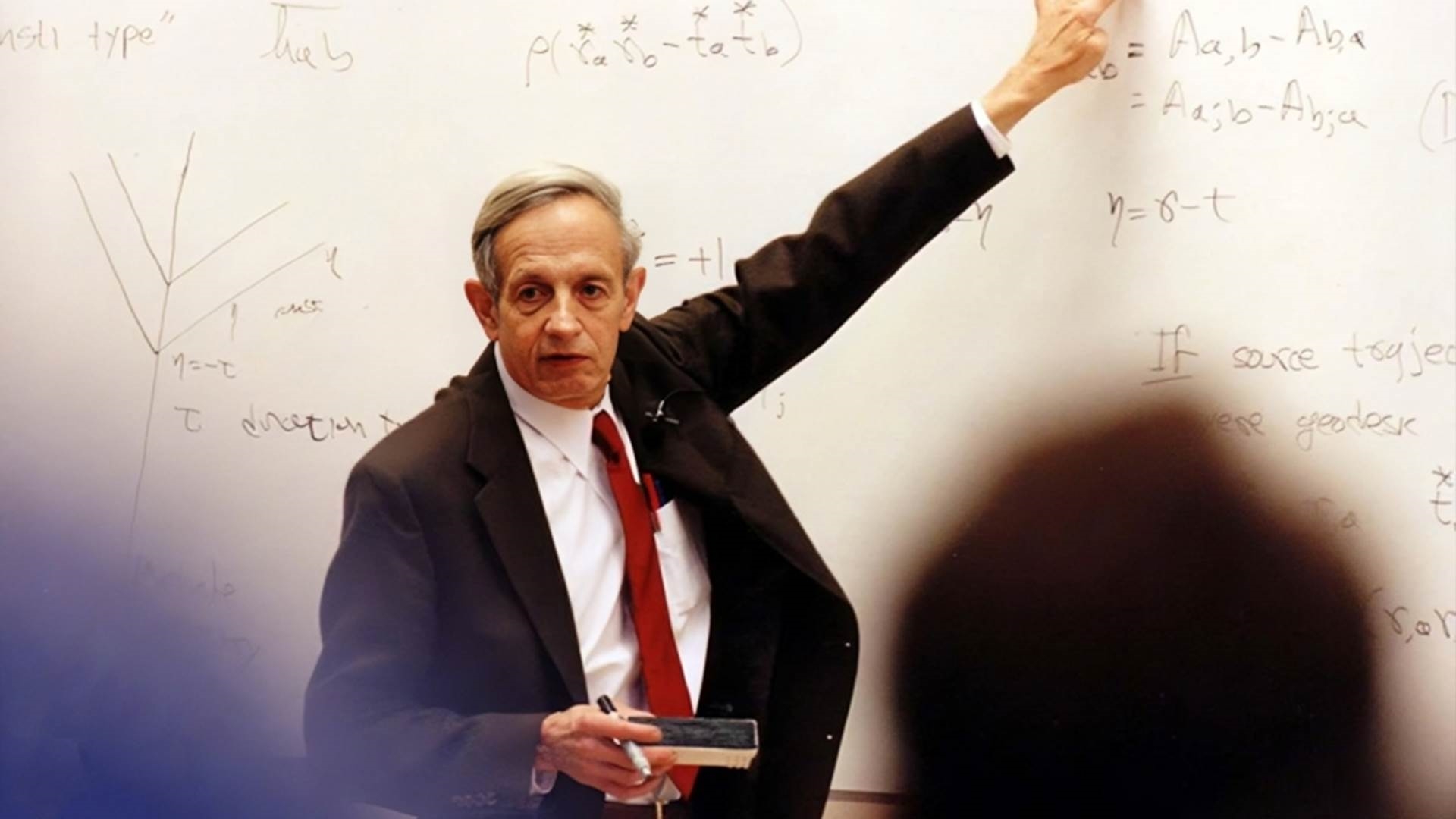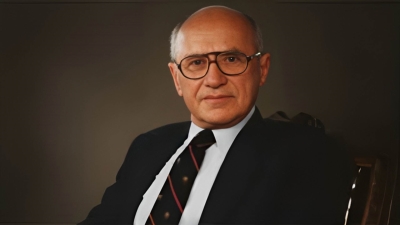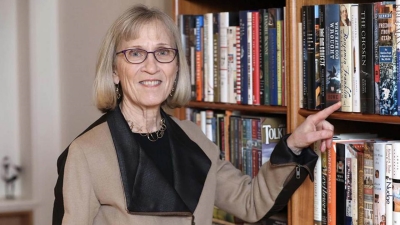John Nash: Nobel Prize-winning and genius mathematician
First Bank

John Forbes Nash The genius mathematician, founder game theory, Nobel laureate and major contributor to modern economics.
Nash was born in 1928 in West Virginia, and since his fingernail, he has a great passion for conducting scientific experiments in his private room, has always been self-reliant in doing various work, and has paid great attention to mathematics since high school.
He continued his studies at the Corning West Technology Center in an attempt to become an electrical engineer as his father, but his adoration for mathematics prompted him to dig deeper into this field to found a special theory that later bore his name, which is the theory of game balance.
Nash has suffered from schizophrenia since 1958 and began his treatment journey at McLean Hospital, and his wife Alicia helped him cope with the disease by supporting him to take care of his researches into mathematics.
Psychological illusions forced him to resign from his work at Massachusetts Institute of Technology (MIT), as he himself wrote in his biography on the Nobel Foundation website.
He was renowned for his sharp wit and eccentricities, and remained associated with Princeton University for many years, where his last post was a mathematical researcher.
Nash received several awards, most notably the 1994 Nobel Prize in recognition of his efforts in game theory, and Leroy P. Steele Prize for main contributions to research.
The Norwegian Academy of Science and Letters in Oslo awarded him its prize accompanied by mathematician Louis Nernberg from New York University, a few days before his death.
John Nash left our world in May 2015, in a traffic accident accompanied by his wife, leaving behind a significant legacy of remarkable achievements, inspiring generations of mathematician, economists and scientists influenced by his genius creative work in game theory.













